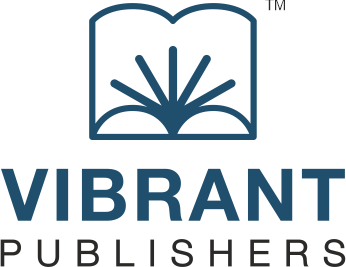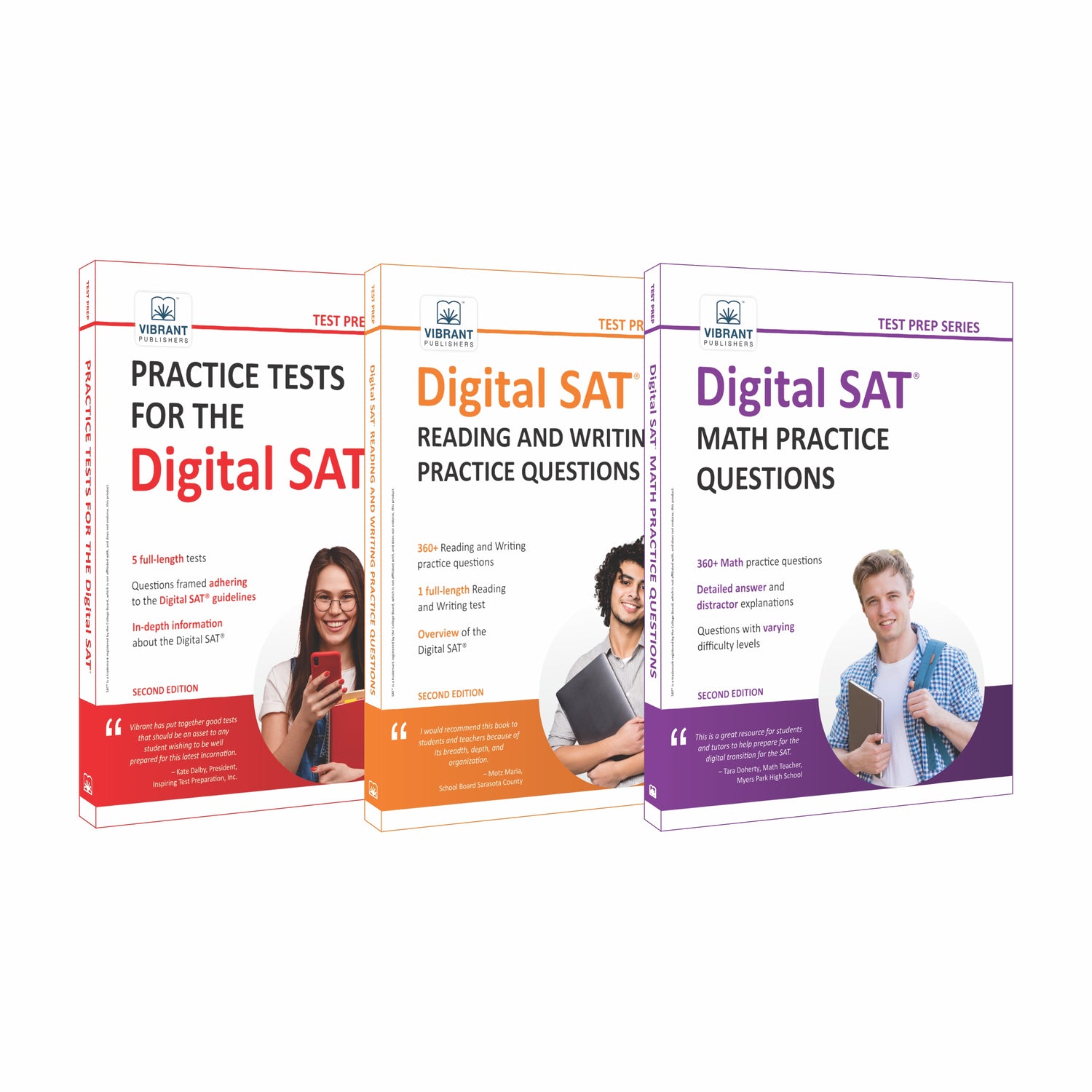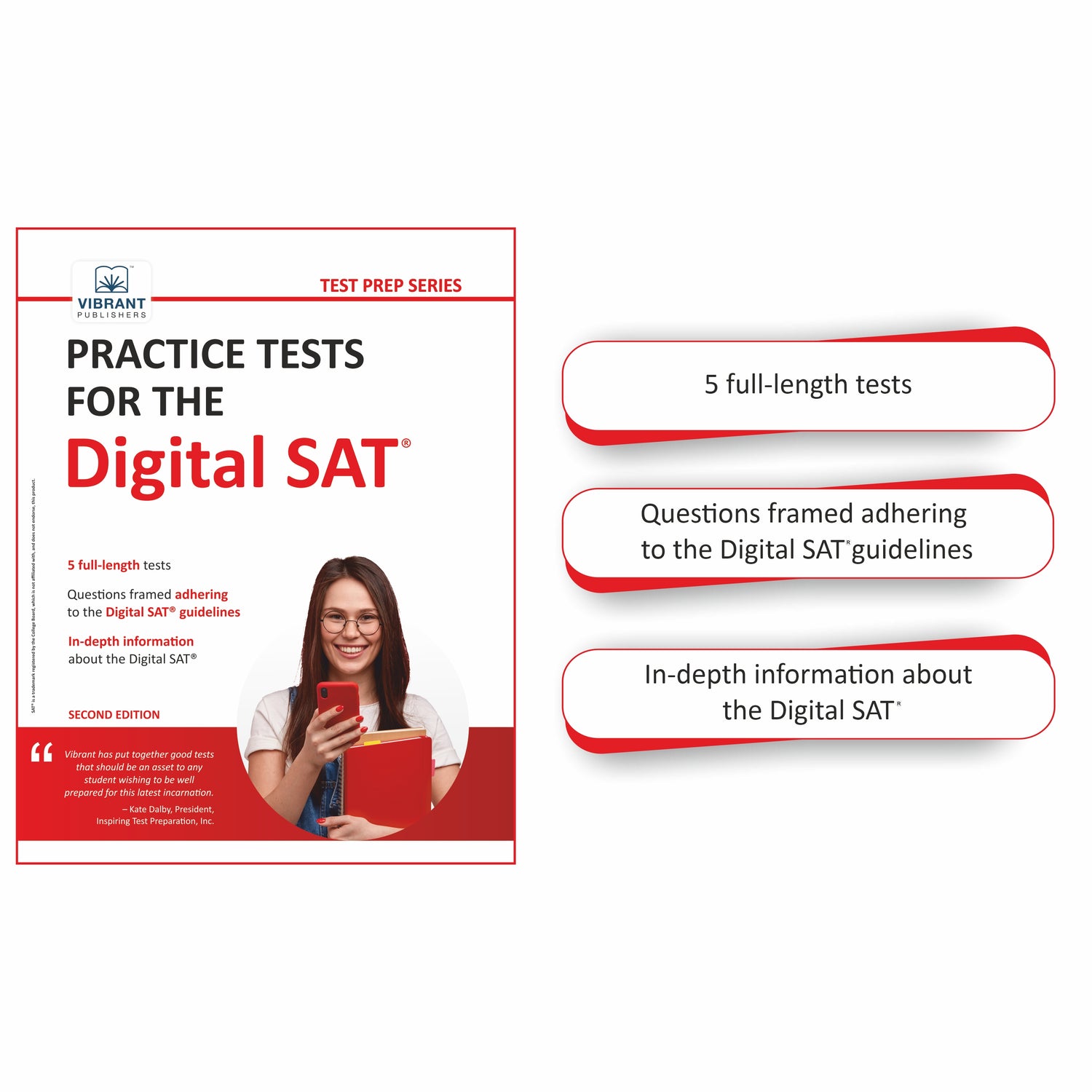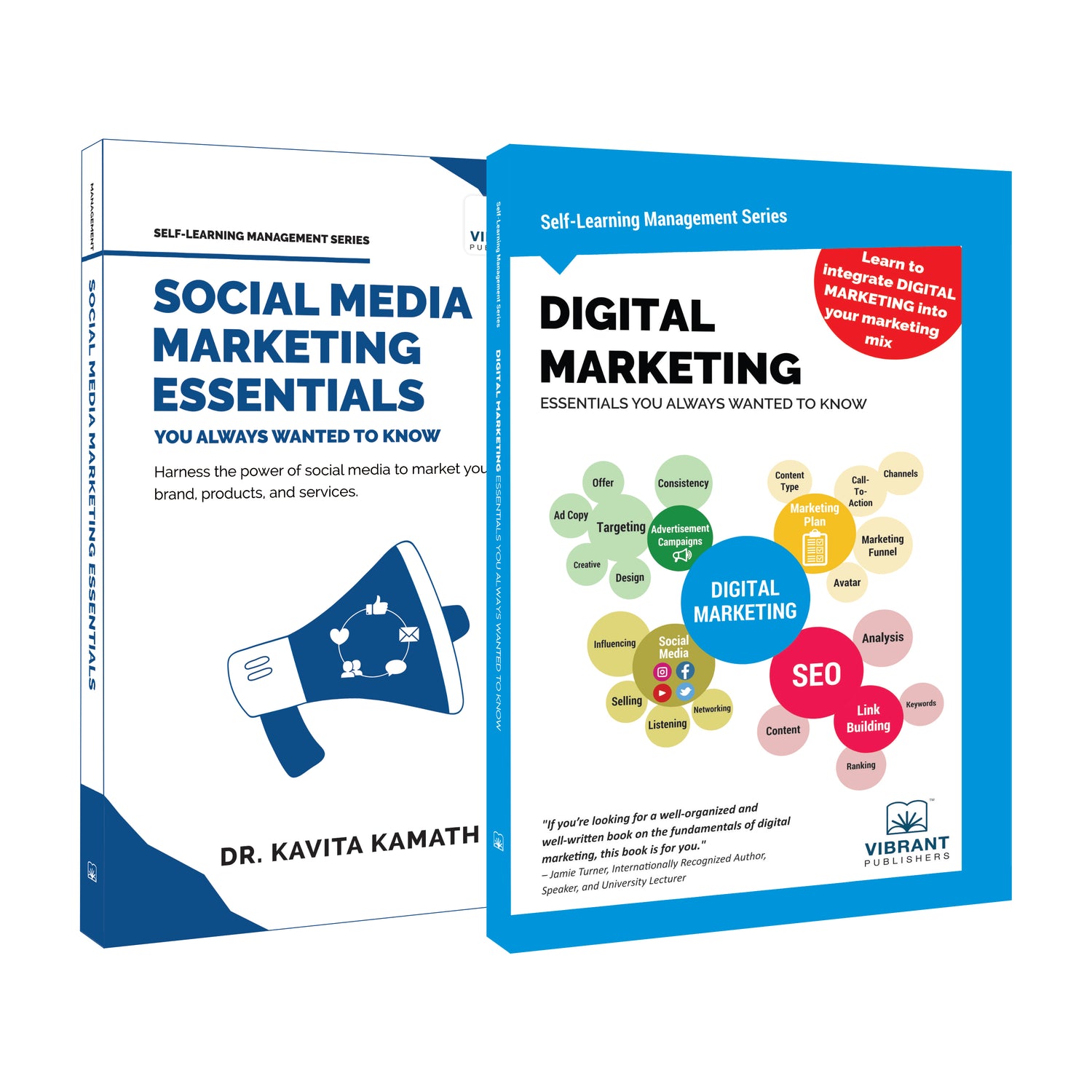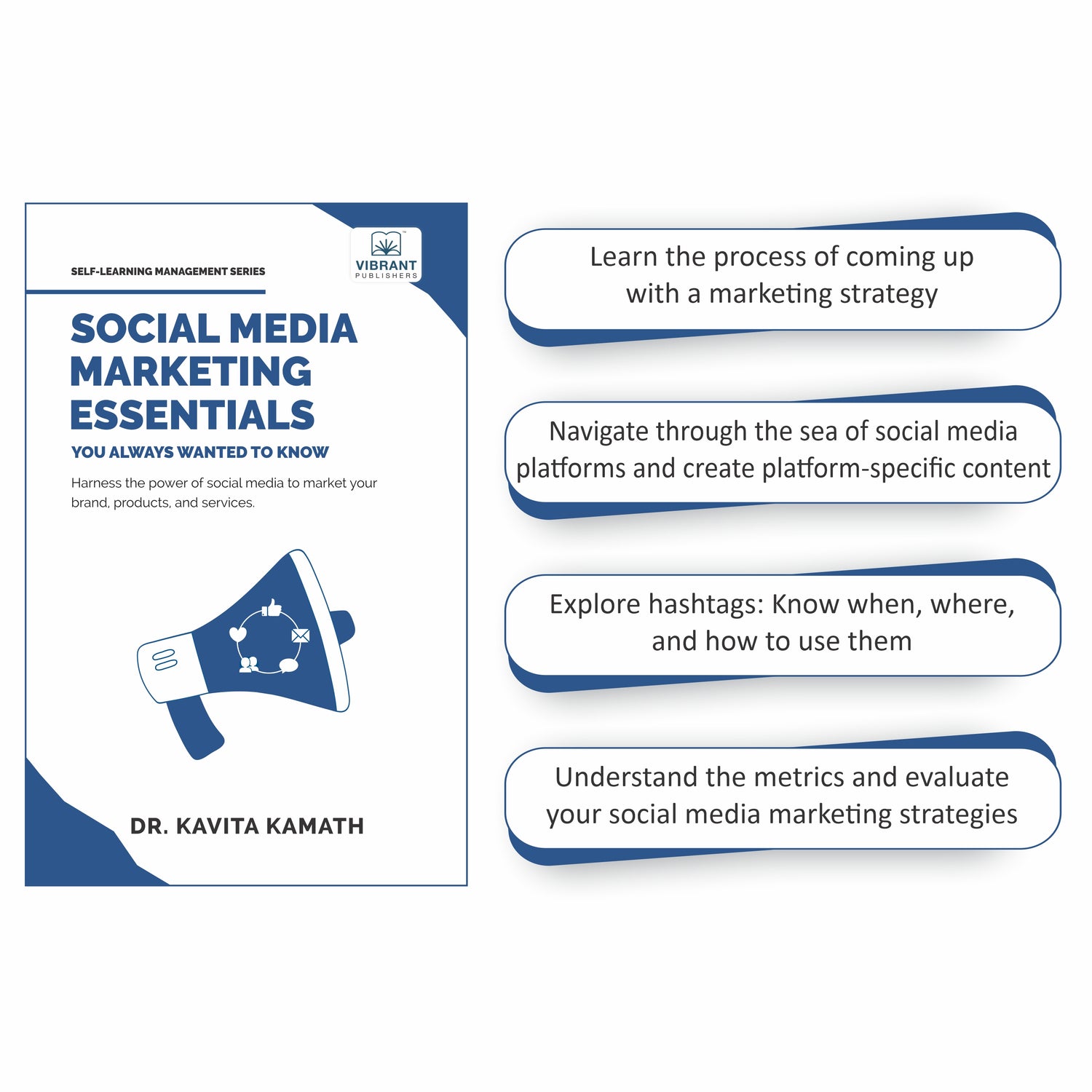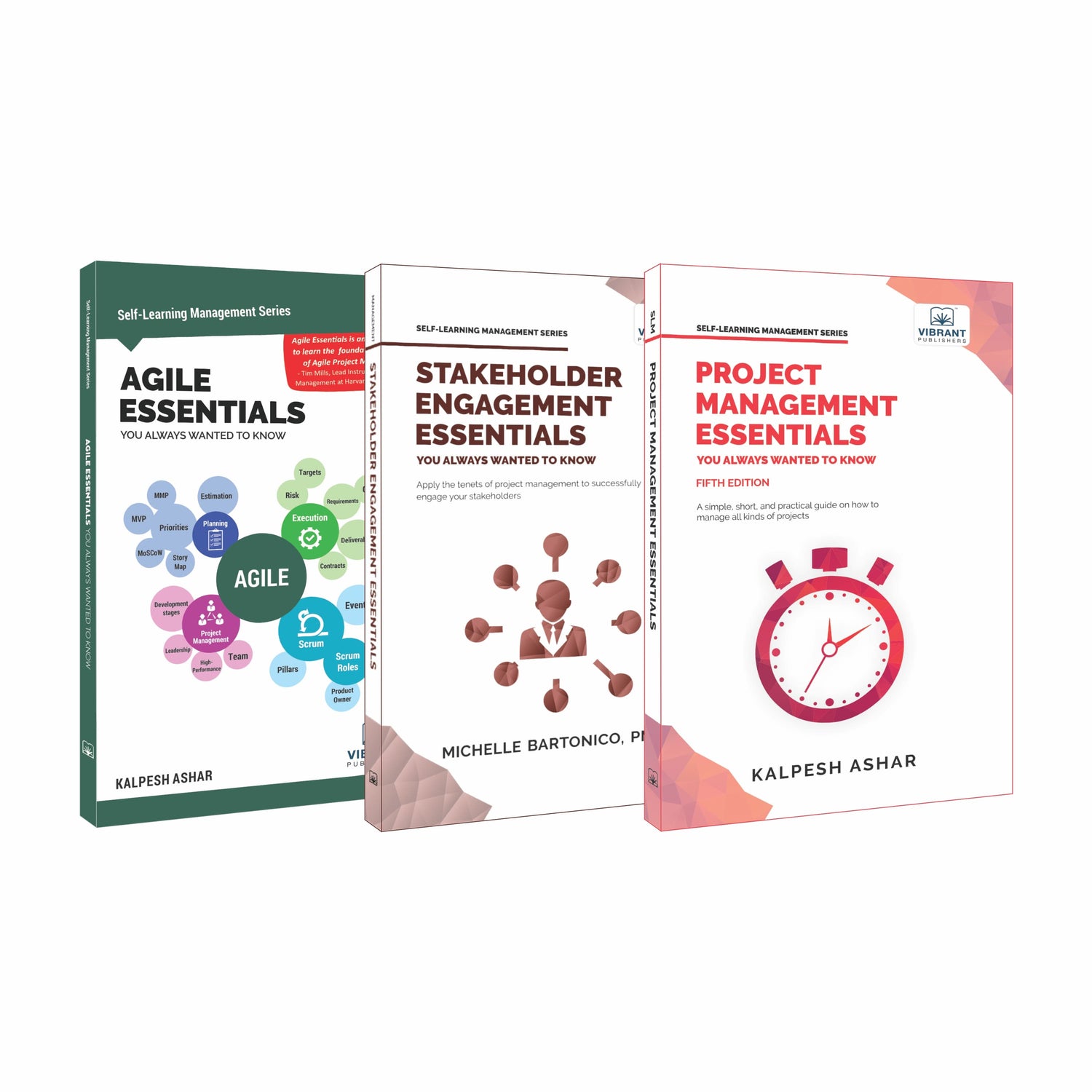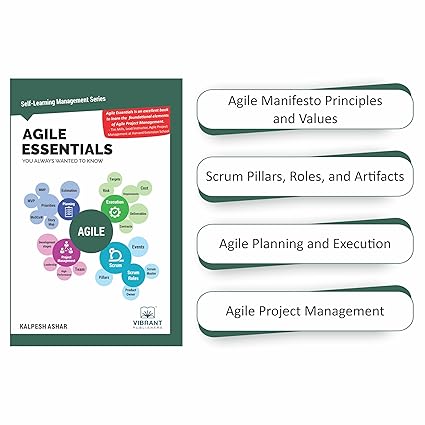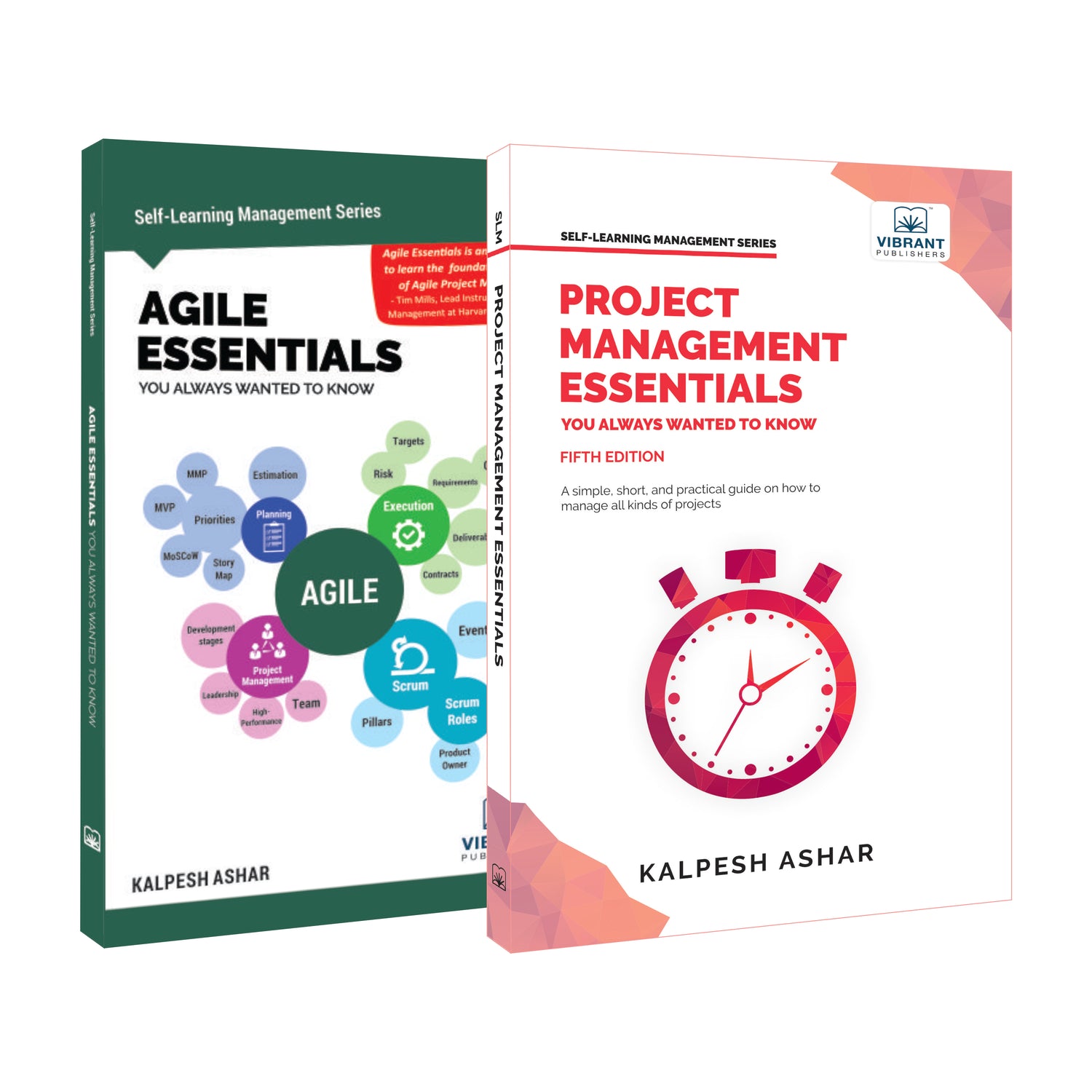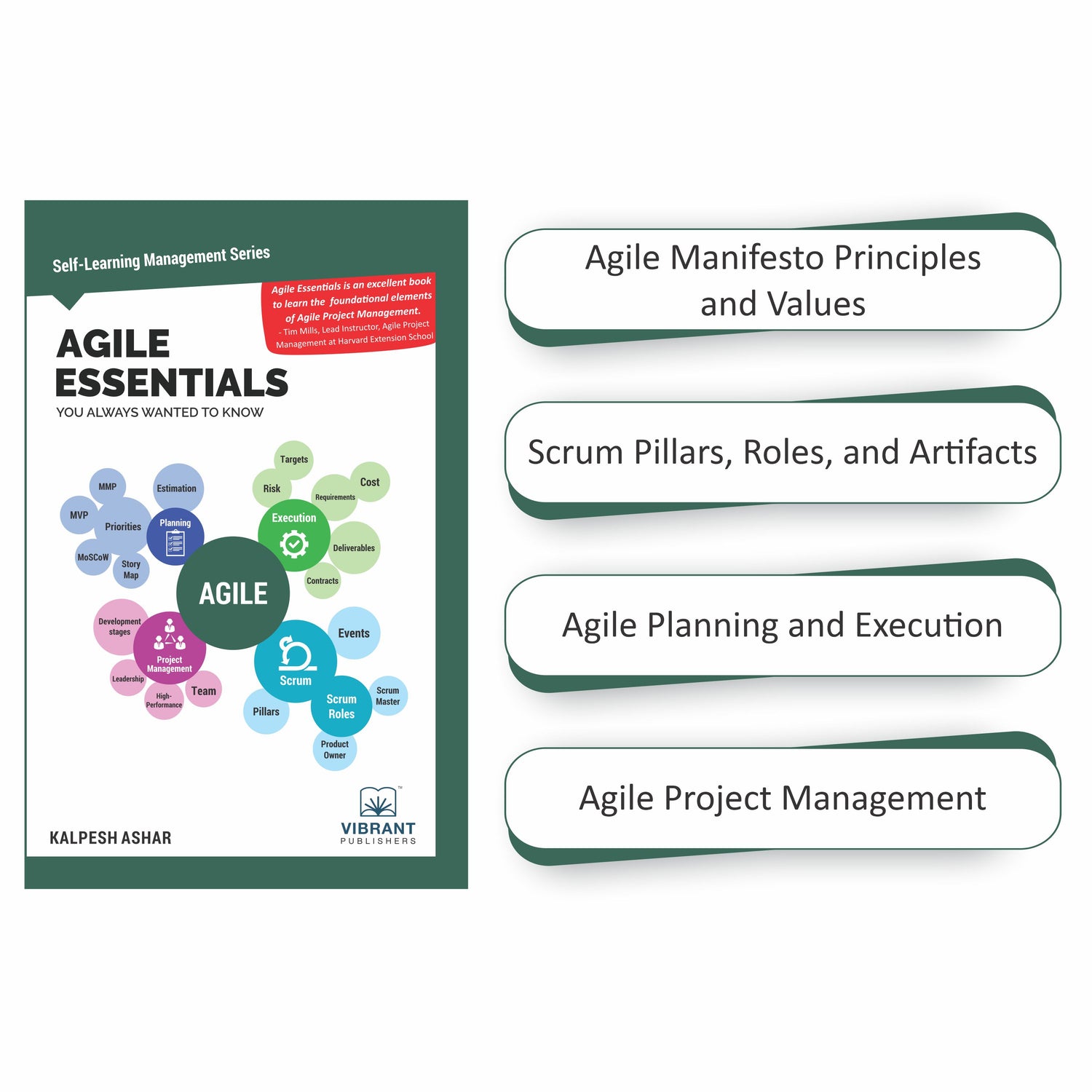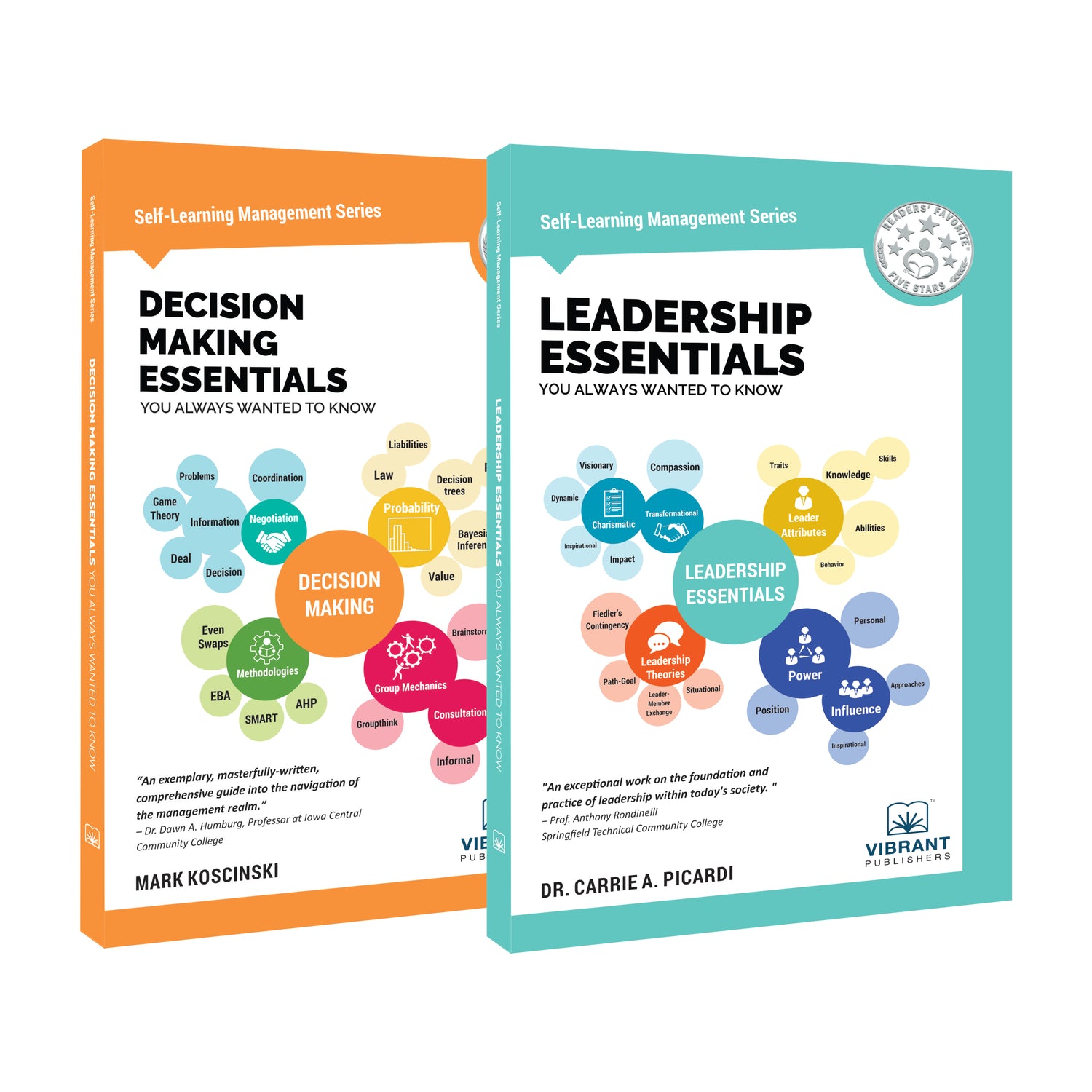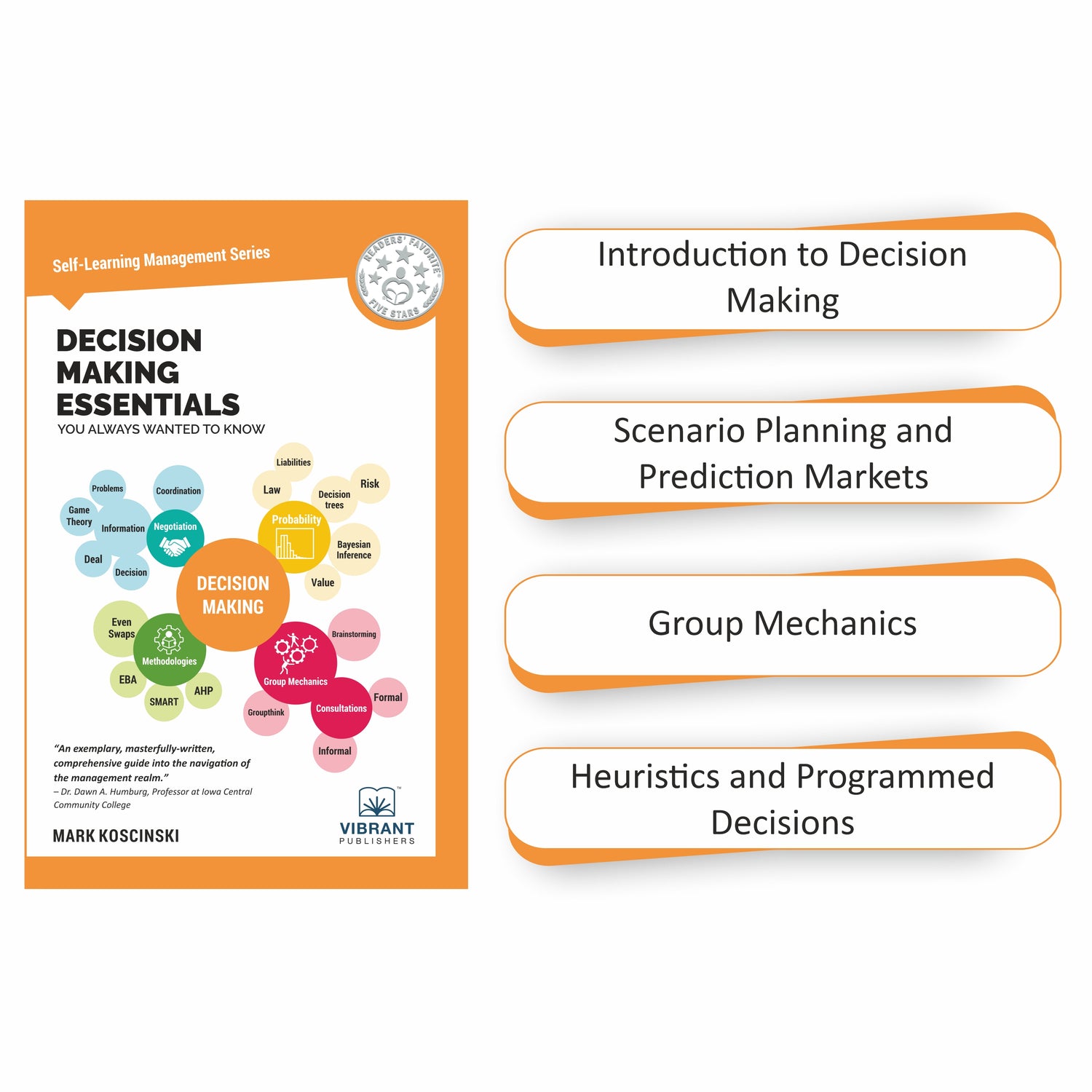Home
-
Blogs On Job Interview Questions
-
Understanding the Interview Process: Stages and Challenges

Understanding the Interview Process: Stages and Challenges
The recruitment process involves multiple stages. So far, we’ve discussed how the job applicant can search for suitable jobs, the job portals available for application, and the correct procedure for applying. We’ve also had a lengthy conversation on how to craft the perfect ATS-compliant resume.
But what exactly happens after your resume crosses the ATS barrier, impresses the human recruiter, and gets shortlisted? What are the different stages of the interview that come after this stage?
This is where the tough part starts and your real skills in your field of work are tested to the core. Since different organizations have different policies and methods for interviewing and recruiting, this might seem difficult and uncertain, especially for freshers.
Here in this article, you’ll find an overview of the interview process, its stages, and challenges, to help freshers understand the recruitment scenario in general.
Telephonic/Online Screening
When your resume and application are shortlisted, most companies arrange for an initial screening session with the candidates. It can either be over the phone or online.
Nowadays, advanced ATS systems are equipped with additional programming which helps the recruiter conduct online screening very easily. Some organizations also rely on AI and bots to conduct the screening process.
The online screening test might contain technical questions related to your field or basic and common interview questions.
The point of the screening call is to have a conversation with the candidate to gauge his personality, promptness, and attitude. Here are some examples of the questions asked during the basic screening round:
- Tell me about yourself.
- Why did you choose this career?
- What do you like most about this job?
- What are your expectations from our company?
- Do you have any questions for us?
Note: Telephonic Screening at the early stages of recruitment is not the same as Telephonic Interviews. A phone interview is similar to an actual face-to-face interview, except for the fact that it happens over the phone.
If your phone or online screening goes well, within a few days, they will follow up with a second call, setting a date for your on-site interview.
The On-Site Interview Process
The actual interview may be a short or lengthy process, depending upon the company and its rules.
When you have a single round of interview:
There may only be a single round of either a one-to-one interview or a panel interview, after which the recruiters directly move on to the salary negotiations. Sometimes the salary negotiations also happen on the same day or even during the very first meeting. The single-round interviews generally happen in case of walk-in interviews, bulk recruitments, or when companies recruit for junior-level positions.
In a one-to-one interview, as the name suggests, there is one interviewer and one interviewee. In a panel interview, a small group of recruiters will be interviewing you. While attending a panel interview, it is important to greet each member of the panel individually, paying attention to each one of them, and trying to answer all the different questions coming from each of them.
When you have multiple rounds of interview:
Alternatively, some companies have a lengthier interview process. There might be two rounds of interviews with a GD (Group Discussion) round in-between or preceding them, and a final negotiations meeting.
As already mentioned, there are no fixed orders or fixed rules for the interview process. However, knowing what the interview rounds consist of is essential. A company might have a few, or all of the following rounds, depending on their internal policies.
Group Discussion
In a group discussion, a number of candidates will be placed together and the moderator will announce a topic. You have to engage with the other candidates in a meaningful discussion on the topic. Group discussions are a way for the recruiters to test the candidate's soft skills, i.e. communication skills, interpersonal skills, stress management skills, critical thinking abilities, & team spirit.
The topic for group discussion varies from current affairs, moral dilemmas, questions on work ethics and politics, and technical topics related to your field. Here are some common GD topics that you can expect irrespective of your field:
- Impacts of Covid-19 on the global economy
- US-China Trade War and its impacts
- Marketing on Social Media
- The possibility and impact of Third World War
- Data localization: Benefits and Challenges
Skill Test
For technical job interviews, there is always a technical round. It may precede the interviews or may be in between the stages.
Even for non-technical positions, there might be some forms of skill tests to ascertain how you go about your research and work in general. Sometimes, there might be an aptitude test instead of a skill test where you can expect questions on quant, logical reasoning, and languages.
Interview with the HR
The first round of interviews generally happens with the HR team. The discussion revolves around your skills, qualifications, and what you bring to the table for the company. This round is more like a personality test. It will give HR a good idea about whether you will be a suitable addition to the company’s workforce. Here are some examples of the questions asked in this round:
- Why do you want this position?
- What is your greatest weakness?
- How would you handle a negative coworker?
- How do you handle deadlines?
- Tell me about a time when you set a goal in your personal life and achieved it.
Interview with the Hiring Manager
The second round of interviews generally happens with the hiring managers. Hiring managers are people who are in charge of hiring for a particular department inside a company. Sometimes, the person who will be your immediate boss or the leader of your team executes this role.
In this round, your in-depth knowledge of the work will be tested. So, expect more skill-based or experience-based questions in this round.
The Negotiation Round
The third and final round is generally another meeting with the HR team to discuss benefits and compensation. By this time, you might be certain that you’re going to get the job, and the only thing left to do is reach a middle ground between your expectations and the company’s offer.
With the worldwide pandemic panic, well-known scenarios around the job market are changing for good. It is speculated that by 2025, almost every leading organization in the world is planning to shift at least 70% of their workforce to a remote working system.
Naturally, we can expect that the interview process will also embrace these changes. Thanks to apps like Zoom and Google Meet, group discussions, and interview processes are held remotely with multiple participants. But even with the changes in the mode of communication, a candidate should prepare individually for all these rounds to crack these remote interviews.
Interview process in some popular IT companies (For Software Engineer/Developer roles):
Microsoft
Microsoft has multiple rounds of telephonic and face-to-face interviews.
- Telephonic interview: The first round of telephonic interview might last for about 30 minutes and common technical questions are asked in this round. Sometimes this first round may be followed by a second round of telephonic interviews, but it depends on the interviewer/ recruiting team.
- On-site Interview Round 1: This is a technical round and questions are expected to revolve around your expertise in coding and designing.
- On-site Interview Round 2: This is a face-to-face conversation round with HR and questions can vary from your education, experience, and skills to your future plans and goals.
- On-site Interview Round 3: Round 3 with the hiring managers combines technical questions as well as situational analysis and problem-solving in a practical scenario.
- On-site Interview Round 4: This is the meet-up with the director which is probably the last hurdle that you’ll have to cross. You can expect a few technical as well as HR questions in this round.
- On-site Interview Round 5: The final round is not a question-answer session but the negotiation round for compensation and benefits.
Oracle
Oracle follows a comparatively simpler interview process which consists of 3 main rounds, viz.
- Written examination: The written examination contains questions on aptitude, general intelligence, quant, knowledge of the English language, and a number of technical questions.
- Technical interview: The technical interview tests your technical knowledge in different computer programming languages and applications such as Java, Oracle, SQL, DBMS, SAP, etc, in variable complexities.
- HR interview: The HR round is a face-to-face round where common HR questions about yourself, your background, technical knowledge, working style, situational questions, and questions about your future outlook are asked.
HP
HP also follows a multiple-round structure for recruiting freshers in their organization. It consists of almost 4-5 rounds depending on the recruiting team. The basic stages are as follows:
- Written Examination: The written examination consists of three parts: Verbal ability, General Aptitude (Including Quant and GI), and a few technical questions.
- Multiple stages of Technical Interview: The technical test follows next. The technical interview can be quite extensive, held across 2-3 different rounds. The topics include Data Structure and Algorithms, OOPs, Networking, Operating System, DBMS, and more.
- HR Round: If you qualify in the previous rounds, you’ll be called in for a face-to-face with the HR team. General questions about yourself, your background, and your future plans are asked in this round.
TCS
TCS follows a 4-step interview process to recruit freshers in their organization. These are:
- Written examination: The written test is divided into 4 sections viz. Quantitative Aptitude, Programming language efficiency, Coding test, and E-mail writing test.
- Technical interview: The written exam is followed by a technical interview where your technical knowledge will be extensively tested.
- Interview with the hiring manager: The next stage is the face-to-face interview with the hiring managers. Expect both technical questions and general questions about yourself to be asked.
- Interview with the HR: Lastly, you’ll be subjected to an interview with the HR where your personality and attitude will be tested with questions on situational analysis, problem-solving, critical thinking abilities, and work ethics.
So, these are the stages and challenges of interviews that you’re likely to face in the pursuit of your dream job. Although the steps and procedures are different for each organization, still, preparing for these steps individually will help you crack any interview, irrespective of the process.
Books that Can Help With Technical Interview Preparation
If you’re preparing for a technical interview and need informative yet concise resources, take a look at some of our Job Interview Preparation Books below.
- Core Java Interview Questions You’ll Most Likely Be Asked
- HR Interview Questions You’ll Most Likely Be Asked (Third Edition)
- Innovative Interview Questions You’ll Most Likely Be Asked
- Leadership Interview Questions You’ll Most Likely Be Asked
All the best for your interview!
Next up in this series: How to Do Your Homework Before an Interview
Previous blog in this series: The Ultimate Guide to Writing an Impressive, ATS-Compliant Resume
Share
